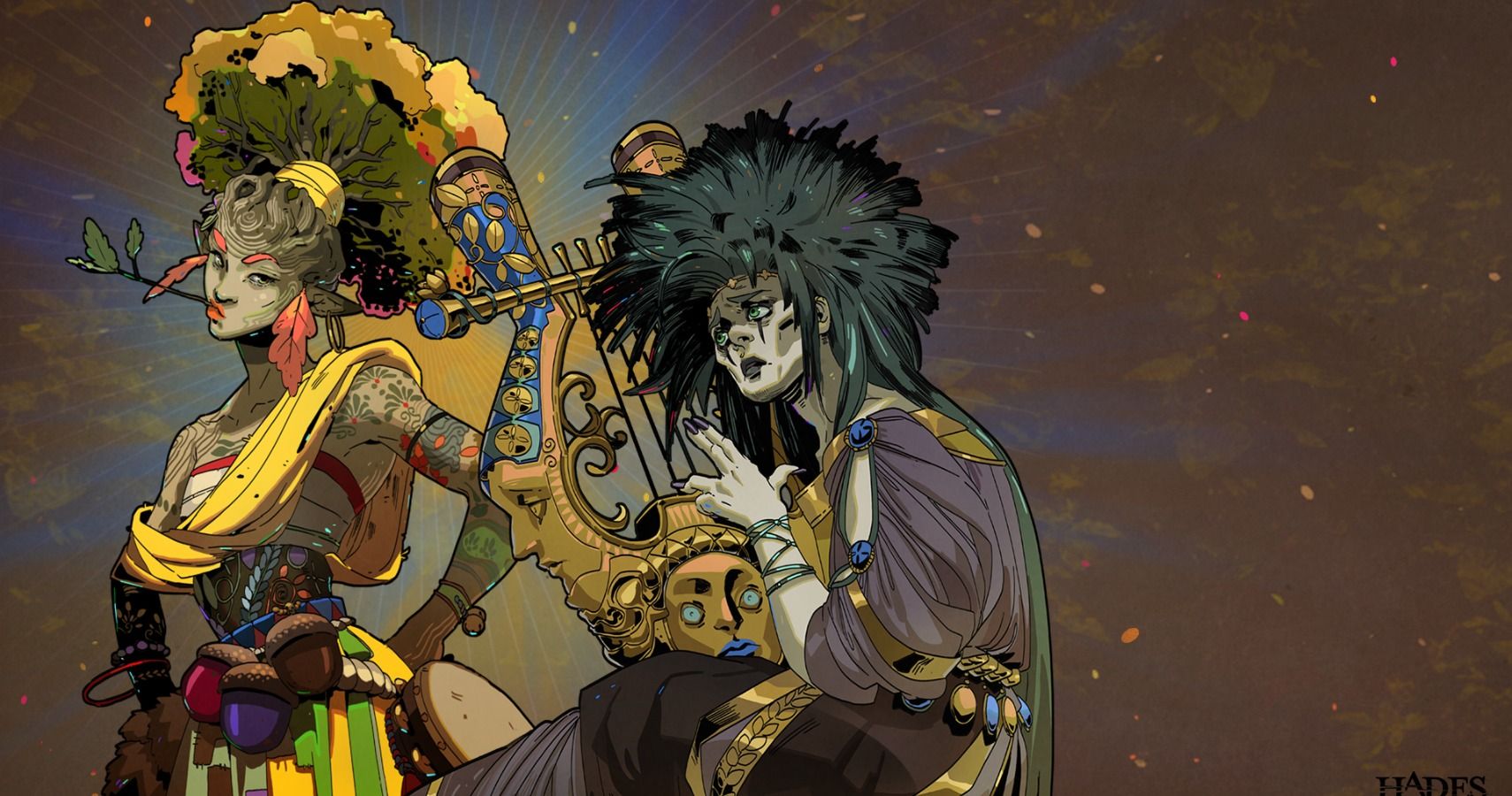
Orpheus paid for his fidelity to Eurydice with his life (every version of the myth tells that Orpheus was torn to pieces by Maenads and his head thrown into the river Ebro, and continued to sing the songs and recite the poetry written for his beloved): so shouldn’t men be a little more shrewd than Orpheus? What metamorphosis toward maturity does the man run from, feeling it as a presentiment in his subconscious mind? The man, perched in a position of presumed control, questions the extent to which love and desire for a woman can jeopardise what he sees as his independence. The female sense of pleasure confronts the man with an enduring enigma. The myth of Orpheus and Eurydice can be interpreted, for example, as a parable that tells of female desire and the male placed before it. The meanings veiled in this story can be interpreted in many different ways. If we go beyond the simple story and try to comprehend the symbolism, then the myth itself can become the guide that accompanies us on our path to understanding.

He had broken the only condition imposed on him, and Eurydice was drawn back into the underworld, away from him forever. Eurydice, who was still behind him, felt a sharp pain at the point where the snake had bitten her, froze and couldn’t cross the threshold with her beloved Orpheus. On reaching the light at the threshold of Hades’ realm, thinking he was out of the underworld, Orpheus turned.
#Hades orpheus choice of music full
Eurydice, who wasn’t aware of the agreement between Persephone and Orpheus, kept calling to him to turn around, but the young man, though full of doubt, managed to continue on the path without ever looking back. So the two lovers began their ascent to the world of the living. To ensure he respected their agreement, Hermes, messenger of the gods, was ordered to accompany them. Moved by Orpheus’ love, Persephone agreed to release Eurydice, but on one condition: she would have to follow behind him while walking out from the caves of the underworld, and he could not turn to look at her as they walked. He managed to enchant both with his music and arrived before Hades and Persephone to ask them to return his beloved Eurydice. To achieve this he had to face numerous challenges, including Charon, the ferryman of Hades who carried the souls of the newly deceased across the Styx, and Cerberus the monstrous three-headed dog who guarded the entrance to the realm of Hades. The reptile bit her on the ankle and she died almost immediately.ĭevastated by the death of his beloved, Orpheus sang his grief with his lyre and managed to move everything, living or not, in the world, even the Erinyes (the three daughters of Uranus, better known as the Furies – Ed.).ĭriven mad by his grief and absolutely incapable of imaging life without Eurydice, he decided to rescue his love at all cost and, without a care for his own destiny, descended into the underworld to appeal to Hades and Persephone. One day while running through long grass in an attempt to escape Arista’s attentions, she stepped on a poisonous snake. Unfortunately for him, Eurydice did not reciprocate his love and refused his continual advances. After winning the girl’s heart, he married her and the couple began an idyllic marriage.īut their happiness vanished when the young Arista, son of the god Apollo, fell hopelessly in love with the nymph. He, however, only had eyes for the beautiful Eurydice.

The poetry and music he made with the lyre had the power to fascinate both gods and men. But as always happens in Greek tales, there is much more to it than a beautiful romantic story.Īll creatures loved Orpheus for his artistic abilities. Orpheus and Eurydice is one of the better known Greek myths it tells the story of the love between Orpheus, a poet and musician, and Eurydice, the exquisitely beautiful nymph.


 0 kommentar(er)
0 kommentar(er)
